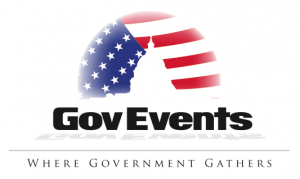 Market Connections recently conducted a survey to understand how federal decisions makers view and use events as part of their professional development and daily work. The survey included input from technology decision-makers across defense and civilian agencies and aimed to find out how they make decisions about what events to attend and what they expect when they are there.
Market Connections recently conducted a survey to understand how federal decisions makers view and use events as part of their professional development and daily work. The survey included input from technology decision-makers across defense and civilian agencies and aimed to find out how they make decisions about what events to attend and what they expect when they are there.
The survey found that the topic is the main driver for event attendance with 85% citing that as the key reason they decide whether to attend an event. Price and location also play a big role in the decision to attend an event or not. Interestingly, while the topic is important, who delivers that topic is not as critical. Keynote speakers did not rank high on the list of deciding factors. Similarly, while event planners may push the opportunity for networking, that is a "nice to have" for attendees rather than a reason to spend time and money attending an event.
With the topic being so key to attendance, the survey looked at what people are interested in learning about at events. Cybersecurity was the number one topic of interest in the survey. This mirrors what we see in terms of events on our site; cybersecurity typically has the most events listed year after year. The other topics in the top five were cloud services, digital government, AI/Machine Learning, and budget/cost control/fiscal management. Continue reading



 One area getting bipartisan support in Congress is the oversight of federal spending on travel. Two recently introduced bills look to curb ethics violations in terms of travel spending.
One area getting bipartisan support in Congress is the oversight of federal spending on travel. Two recently introduced bills look to curb ethics violations in terms of travel spending.



